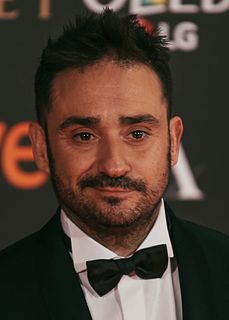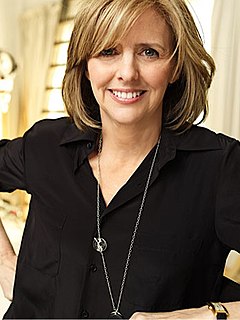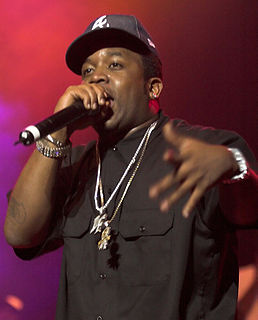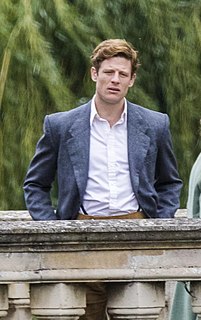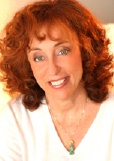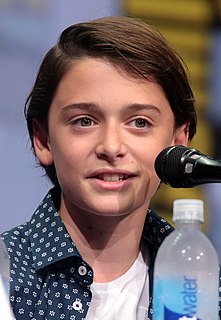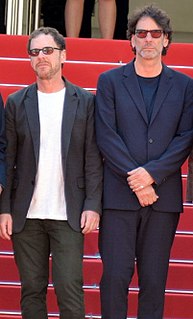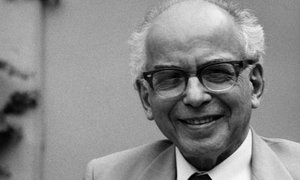A Quote by Juan Antonio Bayona
Music is very helpful, not just for the actors, but the whole crew and myself. It gives you the tone of the scene. Everyone is focused on the tone of the scene when we are shooting, and we are having an emotional reaction to the music immediately.
Related Quotes
Sometimes when I'm writing I'll play Cole Porter, just because the rhythms and the lyrics are so perfect that it's like having a smart partner in the room. I have a huge collection of music that I listen to when I'm writing, and I also prepare a lot of music before I start directing. I put it all onto an iPod that I have with me on the set. It's helpful to the actors, because for an emotional scene, I'll play it and say, this is how it feels, to keep us in the zone.
The elements of a good story are most definitely details, little bitty details. That does it, especially when you're describing, when you're setting the scene and everything. It's like you're painting a picture, so details are very important. Also, the music gotta be right. The music can really set the tone for the story and let you know what the story is gonna be about, but definitely, it's the vibe in the place where you at and the detail.
It's always different for whatever the scene asks for but usually, I listen to music before the scene just to get into the mood, mellow myself out and really put myself into the character's shoes. I zone out from everything going on around me and just focus on what I have to do. From there, I just let it happen.
If... [Alban] Berg departs so radically from tradition, through his substitution of a symmetrical partitioning of the octave for the asymmetrical partionings of the major/minor system, he departs just as radically from the twelve-tone tradition that is represented in the music of Schoenberg and Webern, for whom the twelve-tone series was always an integral structure that could be transposed only as a unit, and for whom twelve-tone music always implied a constant and equivalent circulation of the totality of pitch classes.
